All Posts

The date of Easter influences our leisure activities Different from many other public holidays, Easter is a so-called movable holiday. This means that the Easter bunny brings more than just eggs for the statistician - he brings special Easter forecasting challenges. In the year 325 CE the Council for Nicea
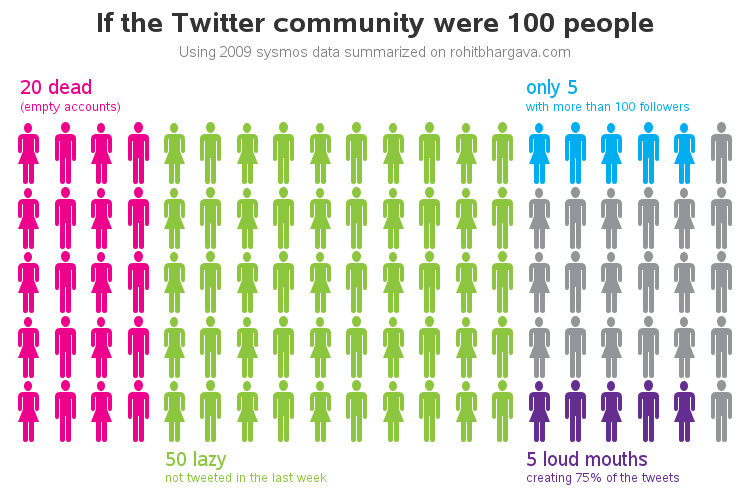
One of our customers asked if I could show him how to reproduce a stickman graph that David McCandless (ala, Information is Beautiful) had created - see screen capture below. I'm not sure that it's the best kind of graph for the occasion, but of course SAS can be used

SAS Global Forum is great for seeing how others use SAS, both in a formal presentation environment as well as during informal conversations at mixers and meals. However, I always allow a little extra time when traveling to and from SAS Global Forum to see a little of the city
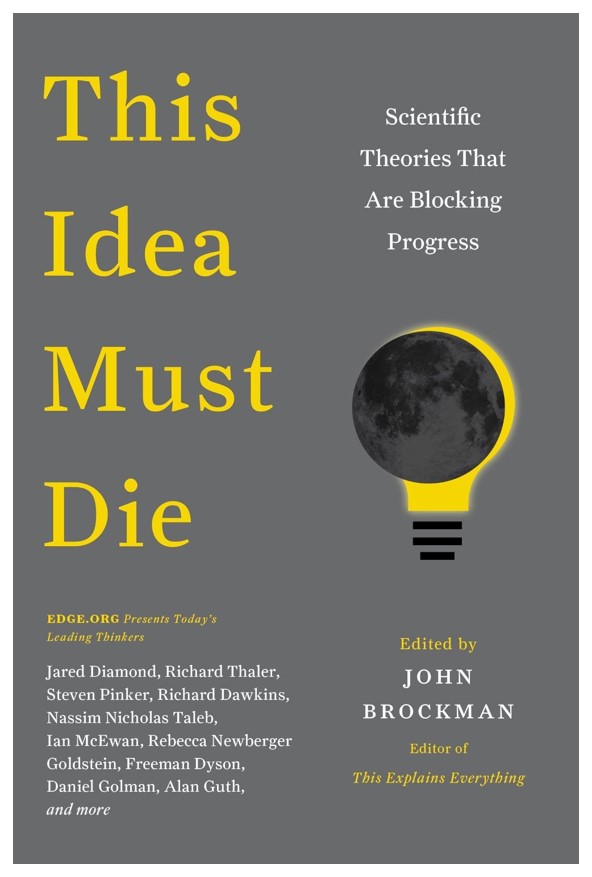
“Begin with the end in mind” - Habit #2 from Stephen Covey’s ‘Highly Effective People’. The Edge Foundation is based on the premise of: “To arrive at the edge of the world's knowledge, seek out the most complex and sophisticated minds, put them in a room together, and have them

Most of you probably don’t know this, but my undergraduate major was geography. That’s right, geography. Is it because I love maps? Well, actually, yes, I do, and my friends and family can tell you that my “go-to” present is always the most recent edition of the Atlas of the

Well okay maybe you can't hear us, but at least you can read what we have to say. Although, I'm not ruling out an occasional video or podcast entry. One of the best kept secrets at SAS is the incredible domain expertise that comes to work here everyday, ready to

It’s been just over a year since my appearance at SAS Global Forum 2014 last year (if you can remember, I was the crazy one who memorized Pi to 1000 digits and wore silly colored glasses on stage while I recalled them), and since then I have been very busy.
You may feel like the world is moving faster than ever. If so, then you can take solace in two facts: You're not alone in feeling this way. You're right. It is. Celebrating the 25-year anniversary of the Web, The Economist ran a piece examining the increasingly rapid adoption of new technologies.

As utilities expand analytic capabilities into more areas of the business, the reality of the data management challenge becomes very real. Most have accepted the era of "big data." But what about the quality of that big data? Is it reliable? What about the governance? Have the processes changed since
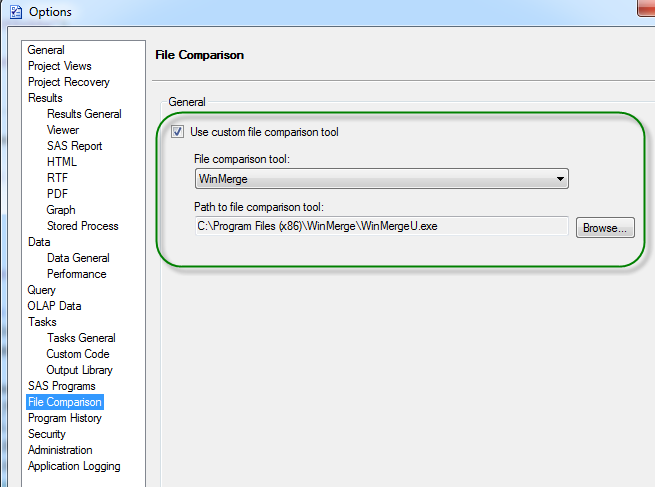
Copy/paste is my favorite method for creating new SAS programs. In my work projects, I maintain a sort of genealogy of SAS programs, because the DNA of one program can be used to spawn many other SAS programs as its progeny. When things (inevitably) aren't working as I intend in

What do terabytes of data, elephants, and red hats all have in common? Or said another way, what do the three companies Teradata, Hortonworks and RedHat all have in common with 36 other brand-name companies and universities? They are all SAS partners and sponsors for SAS Global Forum 2015.
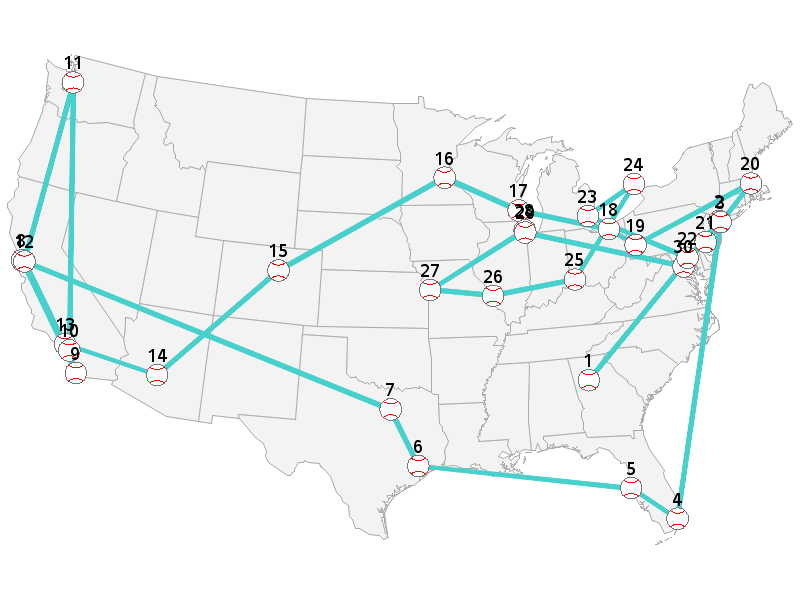
In the traveling salesman problem (TSP), a salesman must minimize travel distance while visiting each of a given set of cities exactly once. Recently, the TSP has generated some buzz in the popular media, after a blog post by Randy Olson. The tour shown was not quite optimal, and Bill

It’s great to get in on something on the ground floor. That’s what happened at the inaugural Data4Decisions Conference and Exhibition held in Raleigh, NC, in March. It brought together business people, academics and students to explore how organizations use data management and analytics technology to enhance business processes and

Would you rather see a list of the world's 50 best roller coasters, or an interactive map? (... how about both!) Before we get started on this ride, here's a picture of my friend Jennifer's daughter, getting an early/young start on riding roller coasters (she's in the back, with her
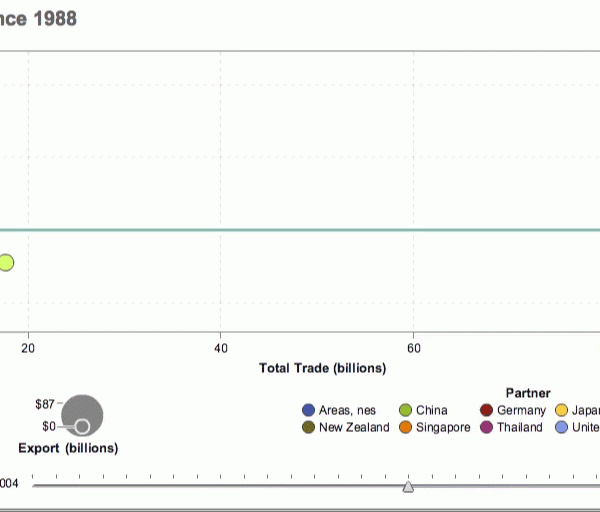
In my last blog post, I introduced SAS Visual Analytics for UN Comtrade, which helps anyone glean answers from the most comprehensive collection of international trade data in the world. I’d like to share some of what we learned in the development process as it pertains to big data, high












